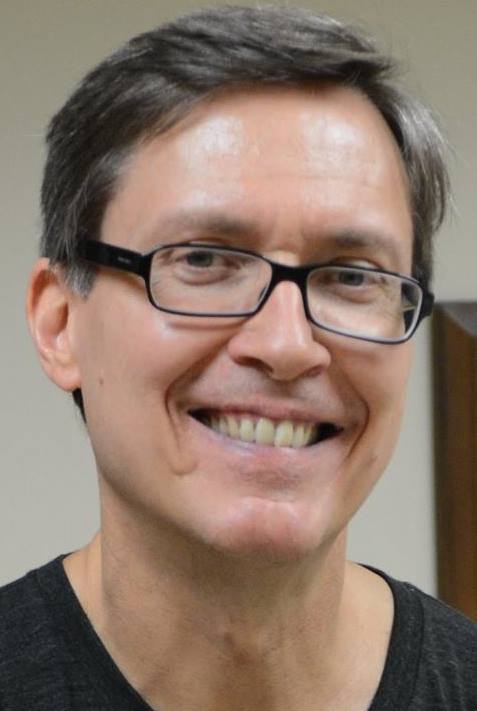
We studied chemistry as eighth graders at Wedgwood Middle School in 1970. We learned about laboratory equipment, chemicals, catalysts, and reagents. We also learned about careers in chemistry. Class was fun and I asked my parents to buy me a chemistry set with real beakers and test tubes that I could experiment with at home. They never said no, but I never got a chemistry set either.
Mine was a working class family. My father was in the U.S. Navy for 20 years and then worked as an instrument mechanic at the Naval Air Station in Pensacola, Florida until he retired. My extended family included house painters, mechanics, and cooks. My older brother worked in a grocery store.
During class one day, I announced that I wanted to be a research chemist when I grew up. My lab partner, who was every bit as smart as me, said he wanted to be a laboratory assistant.
I was surprised that my lab partner did not aspire, like me, to be the person who designed and carried out experiments. We had learned that assistants clean and maintain laboratory equipment and perform routine procedures under the direction and supervision of research chemists. We were equals in the eighth grade and I did not understand why we should not be equals when we grew up.
I was surprised, but even as an eighth grader, I thought I knew why my lab partner had less ambitious career goals than me. My lab partner was black.
He dressed like me. He was smart like me. He was quieter than me, but never seemed shy or afraid to try to solve hard problems. I never knew anything about his family, but there were no doctors, lawyers, accountants, or research chemists in my family to reassure me that I could choose any career I liked. I just assumed I could be a research chemist. He assumed he could be an assistant.
My parents were probably a lot like his, only mine were white and his were black. My parents never told me I could be anything I wanted when I grew up. I can’t remember my parents offering me anything remotely like career guidance. No. My lab partner and I learned from our culture what we could be when we grew up. We learned from television, newspapers, books, teachers, preachers, and neighbors what we could be. We both believed exactly what we were taught.
Eighth graders probably learn more about laboratory equipment, chemicals, catalysts, and reagents that we did in 1970, but is our culture teaching better lessons than it did 46 years ago?


Recent Comments